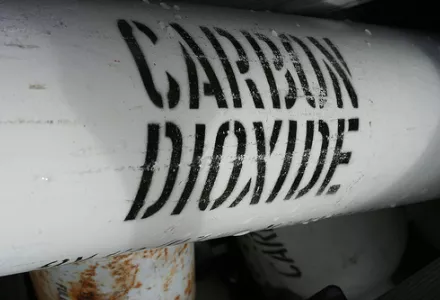The Early Cost of Carbon Capture and Sequestration
Al-Juaied will review the economics of CCS, based on recent cost studies and actual project data.
Al-Juaied will review the economics of CCS, based on recent cost studies and actual project data.

As policy makers consider strategies to reduce carbon dioxide (CO2) gas emissions, they need to understand the conditions under which carbon capture and sequestration (CCS) become economically attractive in order to design policies that provide incentives to induce the early deployment of CCS facilities. This work reviews the economics of CCS, in recent cost studies and compares them with actual project data. We have conducted a detailed analysis of costs associated with today’s technology for CO2 capture at three types of power plants: integrated coal gasification combined cycles (IGCC), pulverized coal-fired simple cycles (PC), and natural gas-fired combined cycles (NGCC). The analysis is based on studies from the literature and from actual project data that analyzed the economics of capturing CO2 emitted at power plants.
Please join us! Coffee and tea will be served.